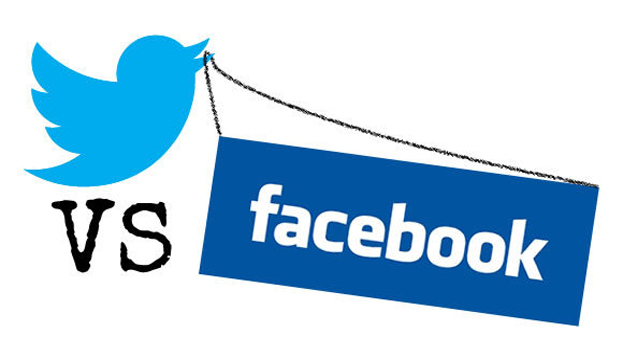If you are an avid Facebook user you have undoubtedly seen an abundance of “Ice Bucket Challenge” videos flood your timeline for the past week and a half. If you are an avid Twitter user, however, chances are most of your updates have consisted of the recent shooting of Michael Brown in Ferguson, Missouri.
But why? Well, (believe it or not) there is a method to this madness.
According to a piece done by Digiday, a social media analytics company called SimpleReach has provided data that suggests, while there have been far more stories published about Ferguson over the past week and a half, Ferguson stories are far less popular on Facebook than Ice Bucket Challenge content.
Ferguson stories have generated an average of 256 Facebook referrals, while Ice Bucket Challenge stories are garnering an average of 2,106. More so, Ice bucket stories have received a greater number of Facebook interactions ( likes, shares, comments) with an average of 796 compared to Ferguson stories with 518.
This being said, Twitter has generated over 3.6 million Ferguson-related tweets sent between Aug. 9 (the day Brown was killed), and Aug. 17, compared with 2.3 million Ice Bucket Challenge tweets, via Digiday.
The reason for this Twitter is a platform that consists of an unfiltered stream of everyone a user follows. Facebook, on the other hand, has an algorithm that selects specific content to show its users. Additionally, Twitter provides analytics companies access to its data, while Facebook does not provide complete access.
These differences tell us is that there is something fundamental about the two platforms. According to Razorfish’s senior director Matt Heindl, a key element is that Facebook is “a place for friends and family and fun,” Heindl told Digiday. “People want it to be their happy place.” Or, in other words, aside from election season, Facebook is a forum that doesn’t provide hard news.
As a member of the public, this leaves you questioning the quality of Facebook’s content. While content involving the militarization of the police and America’s painful racial history may indeed seem out of place next to wedding photos and relationship statuses, Facebook’s inability to present such topical conversations undermines its recent efforts to become a authentic news source.
According to group director of social and content strategy at DigitasLBi Jill Sherman, Facebook’s algorithm “may actually hinder the ability to surface breaking-news stories.”
“Facebook has a few more kinks to work out if it intends to be a more serious breaking-news outlet,” said Sherman. “But there’s value to both the way Facebook is set up and the way Twitter is set up. People are at each for different reasons.”
This all implicates that relying solely on Facebook’s algorithmic content streams can result in a kind of censorship. Users are deprived a choice in what they get to see, whereas anything goes on Twitter.
Source: Digiday

